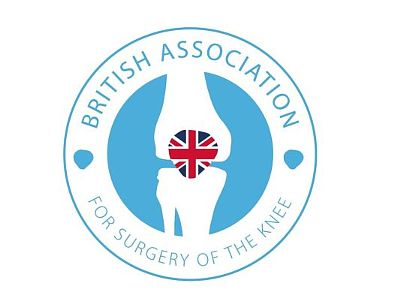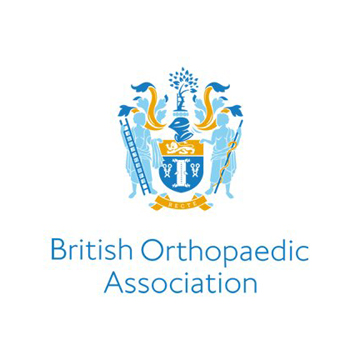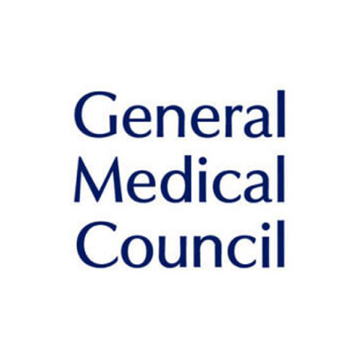Hip arthritis
Hip specialist in Birmingham
Hip Arthritis in Birmingham
Professor Prakash specialises predominantly in knee and hip joint surgery especially for young adults (age 20-65). He routinely performs surgery related to sports injuries and arthritis including Hip Arthritis.

Hip arthritis
Broadly speaking, there are two types of arthritis:
Osteoarthritis – due to mechanical damage
Inflammatory arthritis, for example, rheumatoid arthritis, psoriatic arthritis.
OSTEOARTHRITIS (OA)
This is thought to be caused by the process of “wear and tear” of the articular cartilage. It may be predisposed by:
- Obesity
- Fracture of a bone going through the joint
- Articular cartilage damage from any injury
- Abnormal loading, for example misshapen joint
- Certain sporting activities, for example, prolonged running
- Family history
Damage to the articular cartilage is progressive. Eventually it may become completely worn away in patches, exposing bare bones, which then may rub against each other, thereby causing pain. Debris of cartilage floating in the joint may also cause irritation and inflammation in the joint lining and this is a second source of pain. One may feel the joint to ‘grind’.
X-rays show narrowing of the ‘joint space’ along with other features of arthritis. There is no blood test for osteoarthritis.
RHEUMATOID ARTHRITIS (RA)
This is a systemic disorder, which means that it affects various organs of the body apart from the joints.
The inflammation starts in the lining of the joint (synovium) and eventually destroys the joint cartilage. In this condition the bones become soft. Rheumatoid arthritis affects many joints simultaneously, including the small joints of the hands. There are other variants of rheumatoid arthritis, but these are essentially similar in nature.
X-ray changes in RA are similar to osteoarthritis in terms of joint space narrowing but the pattern may be different. There is usually a loss of bone density.
Blood tests for rheumatoid arthritis are not very accurate.
Symptoms
Hip osteoarthritis symptoms may include:
Joint stiffness after sitting for a long time
Joint stiffness as you are getting out of bed
Pain or tenderness in the hip joint
A feeling or sound of “crunching” or “grinding” of bone rubbing against bone
Inability to move the hip to perform activities of daily living for example putting on socks and shoes
Treatment
Total hip replacement




